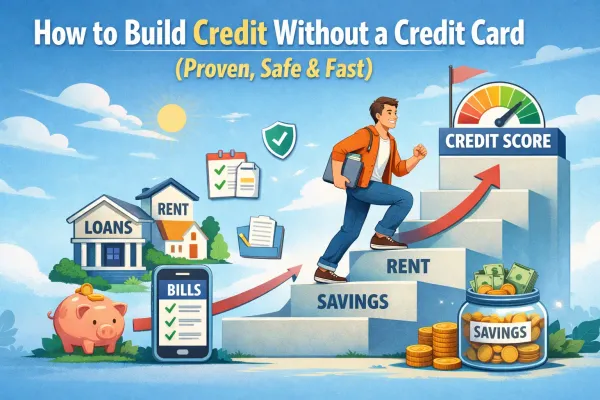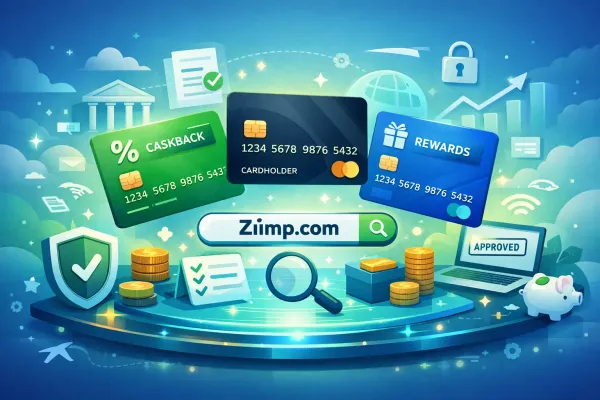How to Improve Your Credit Score Fast
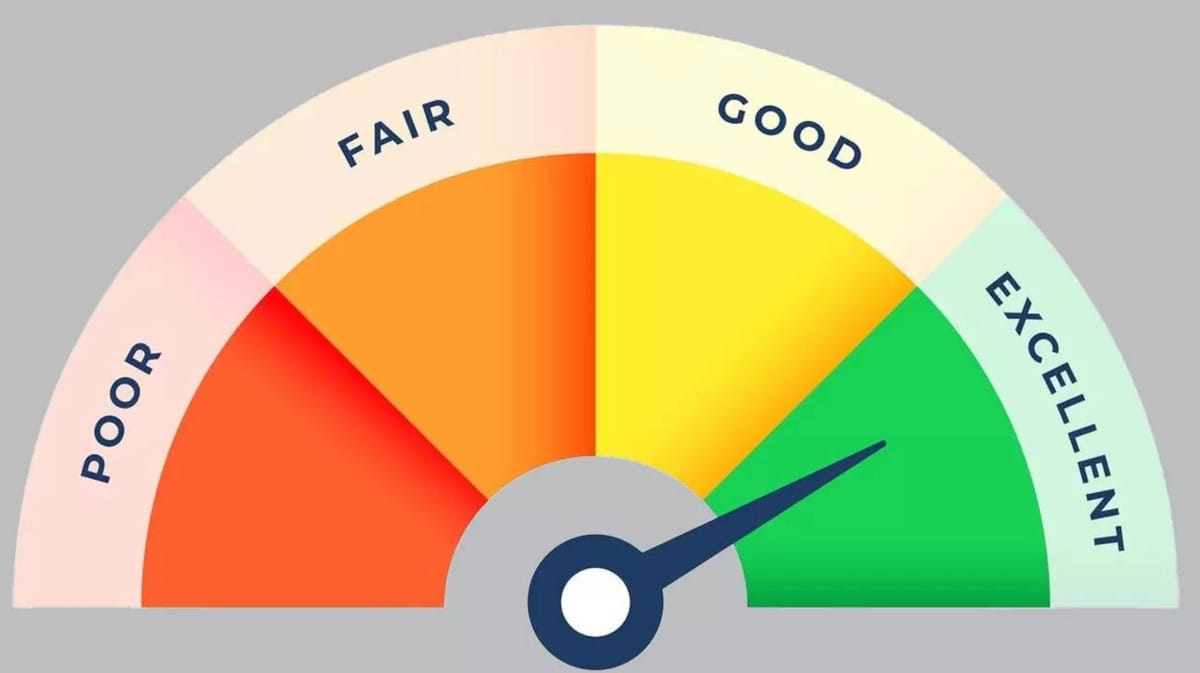
Improving your credit score quickly is possible when you take targeted actions. Whether you're looking to qualify for a loan, reduce interest rates, or simply take control of your financial future, your credit score plays a pivotal role. In this guide, you'll find actionable steps, useful insights, and practical tips to help you boost your credit score as fast as possible.
Why Your Credit Score Matters
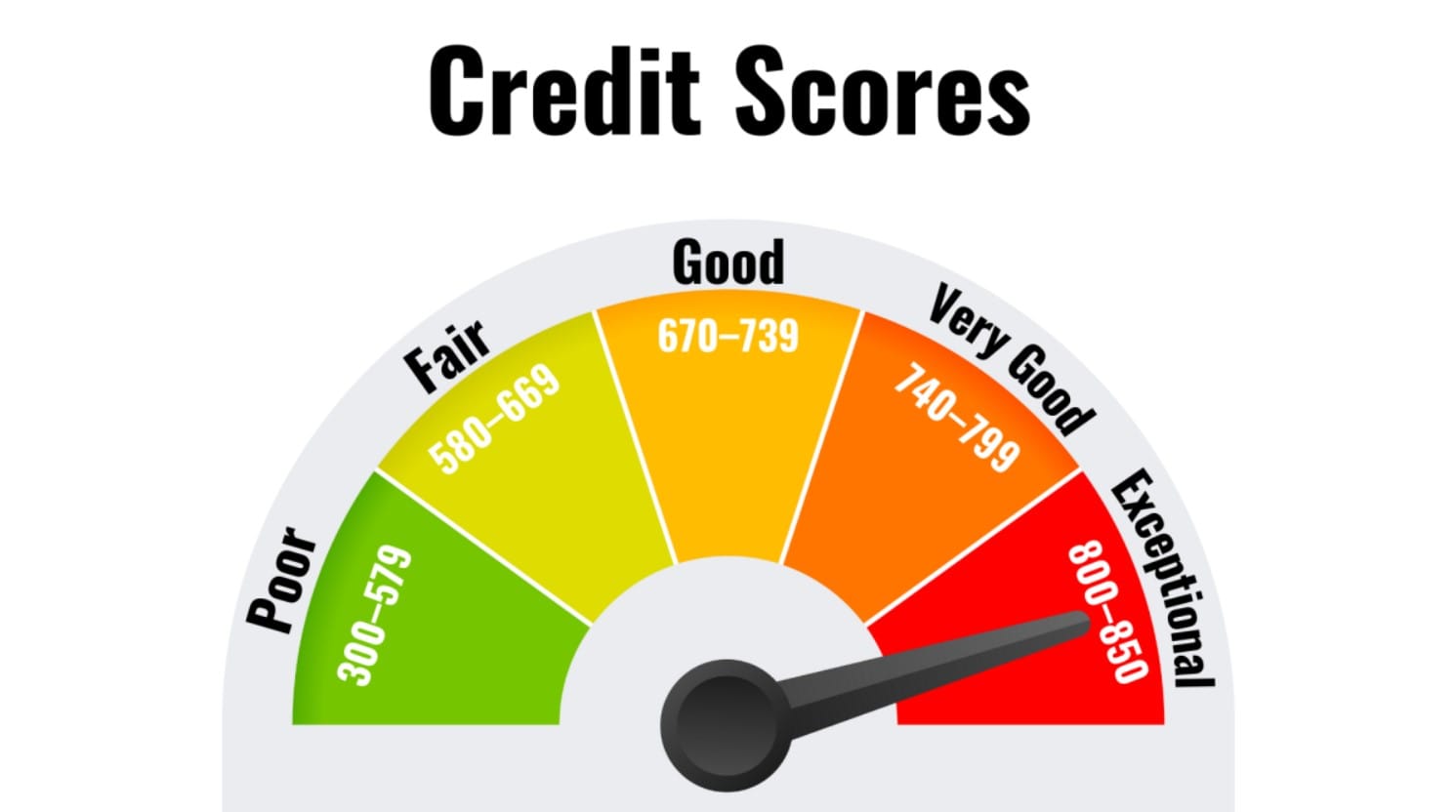
A credit score is more than just a number—it represents your financial credibility. Lenders, landlords, and even employers often use it to assess your reliability. A higher credit score can help you:
- Qualify for loans with better interest rates.
- Secure higher credit limits.
- Get approved for rentals or mortgages.
- Save money over time by lowering borrowing costs.
If your credit score is holding you back, it's time to take proactive measures to improve it.
Factors That Influence Your Credit Score
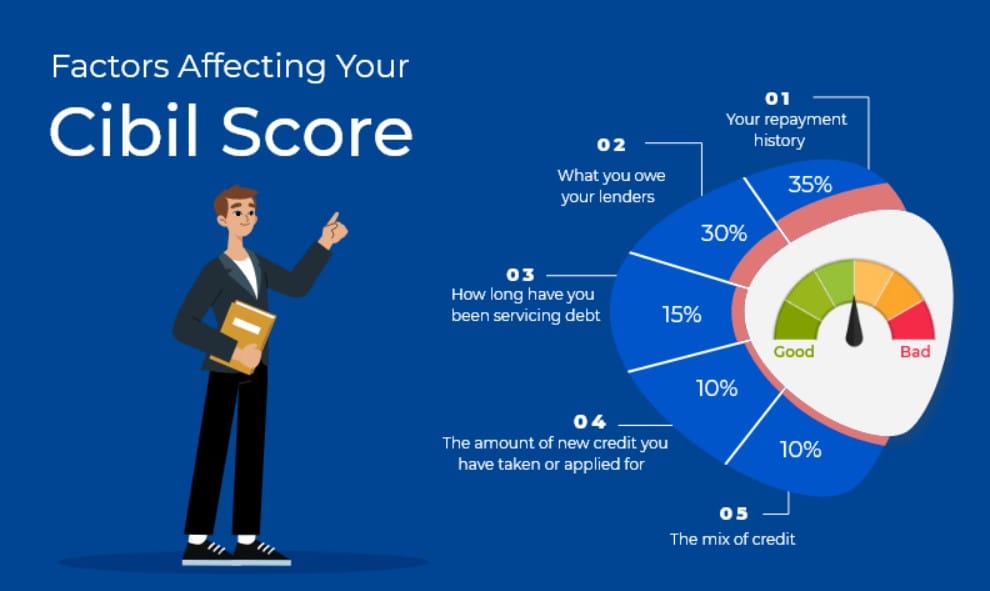
To effectively improve your credit score, you need to understand the factors that affect it:
- Payment History – Accounts for 35% of your score. Late or missed payments can negatively impact it.
- Credit Utilization – Accounts for 30%. High usage of available credit hurts your score.
- Length of Credit History – Makes up 15%. A longer history typically improves your score.
- Credit Mix – Responsible for 10%. A mix of credit types (credit cards, loans, etc.) is beneficial.
- New Credit Inquiries – Accounts for 10%. Too many hard inquiries in a short period can lower your score.
Steps to Improve Your Credit Score Fast
1. Review Your Credit Report
Your first step is understanding where you stand. Obtain free credit reports from annualcreditreport.com or other reliable sources. Look for errors such as:
- Incorrect account balances.
- Accounts that don’t belong to you.
- Late payments that were made on time.
Quick Tip: Dispute any inaccuracies directly with the credit bureaus (Experian, TransUnion, and Equifax). Correcting errors can boost your score quickly.
2. Pay Down Credit Card Balances
High credit card balances relative to your credit limit hurt your credit utilization ratio, which is a key factor in your score.
- Aim for Less Than 30% Usage: Keep balances below 30% of your credit limit.
- Pay Off High-Interest Cards First: Focus on cards with the highest interest rates.
- Use the Snowball Method: Pay off small balances first for quick wins, then tackle larger ones.
3. Set Up Automatic Payments
Missed or late payments can devastate your credit score. Set up automatic payments for at least the minimum amount due.
- Why It Helps: Consistent, on-time payments improve your payment history.
- Extra Tip: Set reminders to review statements monthly to avoid unnoticed discrepancies.
4. Increase Your Credit Limit
Requesting a credit limit increase can lower your credit utilization ratio, a quick way to boost your score.
- What to Do: Call your credit card issuer and ask for an increase.
- Pro Tip: Don’t spend the additional credit; keep utilization low.
5. Become an Authorized User
Ask a family member or friend with excellent credit to add you as an authorized user on their credit card.
- Why It Works: Their positive payment history can reflect on your report.
- Risk Warning: Ensure the primary cardholder is responsible; their mistakes can affect you too.
6. Use a Secured Credit Card
If your credit score is low, secured credit cards are a great way to rebuild it.
- How It Works: Deposit a sum as collateral, which becomes your credit limit.
- Build Your Credit: Use the card responsibly and pay off the balance monthly.
7. Consolidate Debt Strategically
Debt consolidation can simplify payments and reduce interest rates. Consider:
- Balance Transfer Cards: Transfer high-interest balances to a card with a lower rate.
- Personal Loans: Use a low-interest loan to pay off credit card debt.
8. Avoid New Hard Inquiries
Every time you apply for new credit, a hard inquiry is added to your report. Too many inquiries can lower your score.
- Plan Ahead: Only apply for credit when absolutely necessary.
- Alternative Options: Pre-qualification checks are often soft inquiries and won’t hurt your score.
9. Pay Bills On Time, Every Time
Consistency is key. Set a goal to never miss a bill payment moving forward.
- Tools to Help: Use apps like Mint or YNAB (You Need a Budget) to track due dates.
- Reward: As on-time payments stack up, so will your credit score.
10. Remove Collections Accounts
If you have collections on your report, negotiate with the creditor to remove them in exchange for payment.
- Steps to Take:
- Contact the collection agency.
- Offer a pay-for-delete arrangement.
- Get the agreement in writing before payment.
How Long Does It Take to See Results?
While some actions can improve your score in as little as 30 days (e.g., correcting errors, paying down balances), others require patience. On-time payments and maintaining low utilization will show more significant results over several months.
Common Mistakes to Avoid
- Closing Old Accounts: Reduces your credit history length.
- Maxing Out Cards: Hurts your utilization ratio.
- Ignoring Errors: Leaves incorrect negative marks on your report.
- Applying for Too Many Accounts: Creates multiple hard inquiries.
FAQs
What is the fastest way to raise my credit score?
Pay down high credit card balances and dispute any errors on your credit report. These steps can improve your score within a month.
Can I improve my credit score in 30 days?
Yes. Paying down balances, correcting errors, and becoming an authorized user are effective short-term strategies.
Does checking my credit score lower it?
No. Checking your own credit score is a soft inquiry and doesn’t impact your score.
What is a good credit utilization ratio?
A good ratio is below 30%, but for optimal results, aim for under 10%.
How many credit cards should I have?
It depends on your financial situation. Having multiple cards can help with credit utilization, but only if you use them responsibly.
Will closing a credit card improve my credit score?
No, closing a card can actually hurt your score by reducing your available credit and shortening your credit history.
Conclusion
Improving your credit score fast requires a strategic approach. By understanding the factors that impact your score and taking actionable steps like paying down balances, correcting errors, and avoiding unnecessary inquiries, you can achieve your financial goals. Stay disciplined and monitor your progress regularly.

